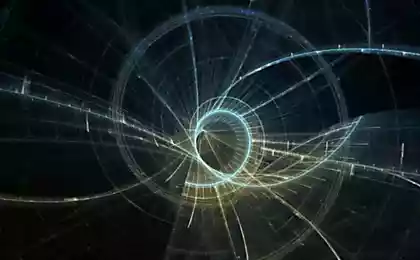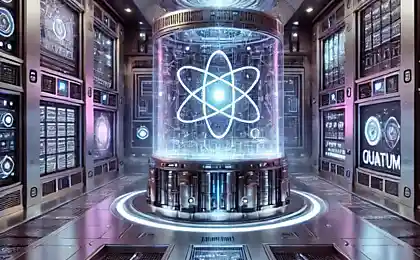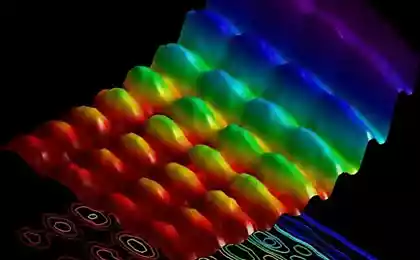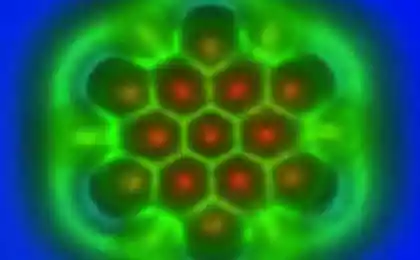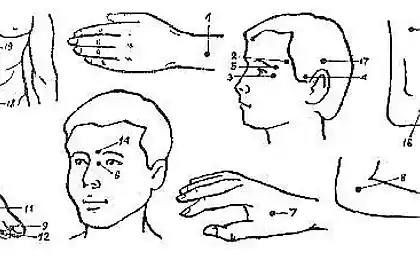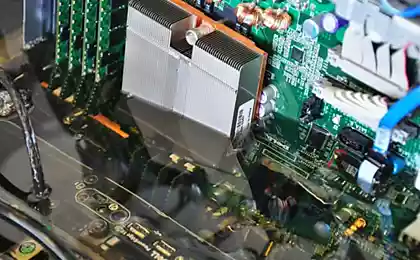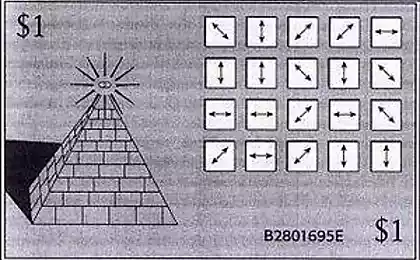179
How quantum computers of the future will cool
Everyone knows that modern computers are very powerful, and therefore require high-quality cooling: fans, radiators and liquid cooling systems allow you to maintain an acceptable temperature for the proper operation of computer components. But what about the cooling systems for the computers of the future, the ones that will run on the principles of quantum physics?
Fortunately, in addition to the actual development of quantum computers, researchers in this field do not forget about one very important detail – the development of ways to cool them.
Quantum computers currently operate at very low temperatures to minimize noise and exposure to external factors that may interfere with their operation. While this seems like the most successful approach today, researchers already understand that the current cooling systems used by quantum computers are not a panacea, since in most cases the size of cooling systems is unnecessarily large. When cooling a quantum computer, a conventional cooler or liquid cooling system is not suitable here, since such systems will not cope with the task.
Peter Nalbach, a theoretical physicist at the University of Hamburg, Germany, has published a paper in which he describes the idea of a quantum computer cooling system that could solve the problem. According to him, such a system will be able to reduce the current temperature of quantum dots (quantum bits, or qubits) in a quantum computer by half.
How is he going to do that? Imagine a quantum bit (qubit) doing its “quantum business” and getting warmer. Nalbach developed a cooling system that places a tiny electromagnetic prong on either side of a quantum dot (qubit). Between them is a stream of electrons that come into contact with the qubit.
One tooth produces electrons rotating in one direction, the other tooth, in turn, will attract only electrons rotating in the opposite direction. Electrons released by the first tooth will be attracted by the second tooth, but they will have to change the direction of rotation. When they do, they will have to take some of the energy out of the qubit of heat they will pass through. As a result, it turns out that the electrons, together with the energy received, will remove heat from the qubit.
And while this idea of a cooling system might indeed seem interesting, there's one caveat. The actual design and design of a quantum computer are still in the early stages of its determination, so it is unclear whether such a cooling model will actually prove useful and appropriate.
Source: http://hi-news.ru/research-development/kak-budut-oxlazhdatsya-kvantovye-kompyutery-budushhego.html
Source: /users/1617

